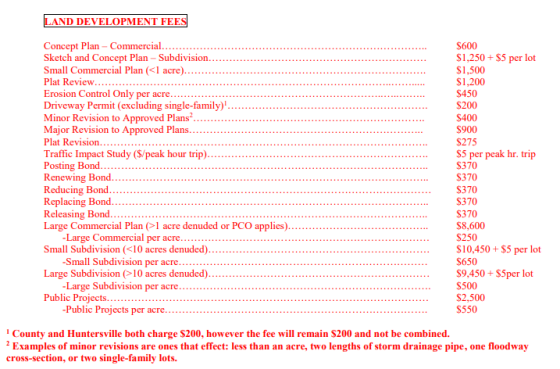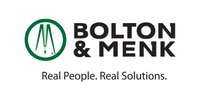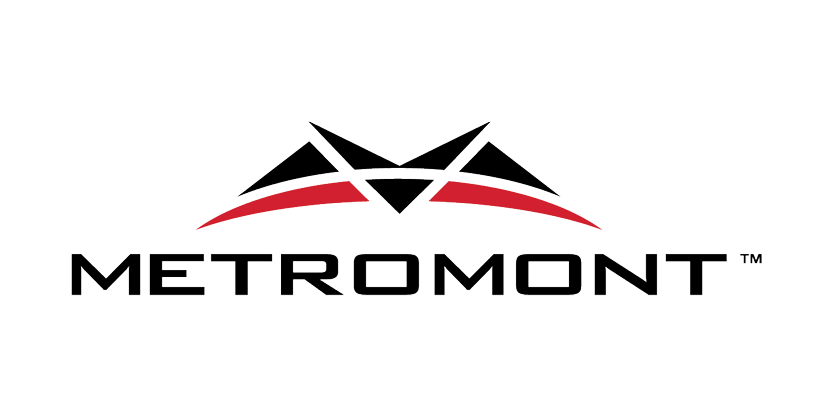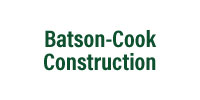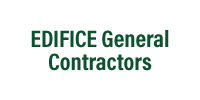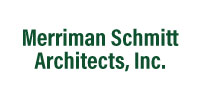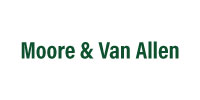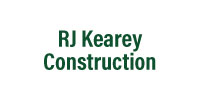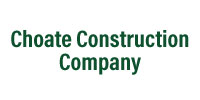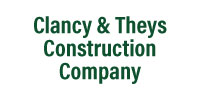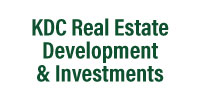Posted July 10, 2019
By Tom Chung
This efficient, environmentally friendly way to build could increase quality while reducing labor costs.
The shortage of construction workers in America has continued to intensify and building material costs are rising, leaving architects with the difficult task of completing projects that can meet demanding budgets. To remain profitable and meet project deadlines, architects and the industry at large must find creative methods to improve processes, increase return on investment (ROI) and introduce more efficient ways to source construction materials.
The University of Arkansas, in partnership with Leers Weinzapfel Associates, found an innovative solution to these challenges. The university used prefabricated wood construction to build the nation’s first large-scale mass timber residence hall project and living/learning setting, the Stadium Drive Residence Halls. The 202,027-square-foot project — envisioned as a creative learning environment within a relaxed, informal, tree-lined landscape — is being built from prefabricated wood, which has reduced on-site construction time and labor.







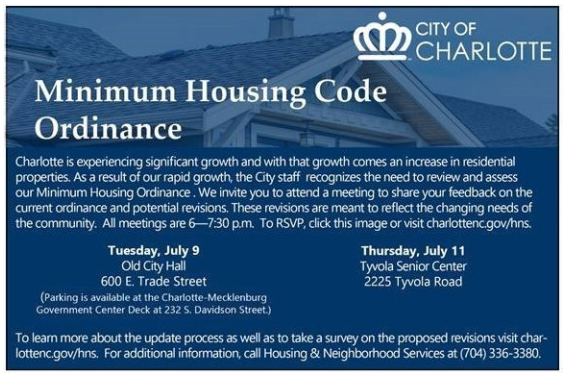
 The City of Charlotte is considering revisions to its Minimum Housing Code Ordinance, with changes that could impact housing affordability by raising the cost of property management and code compliance for landlords.
The City of Charlotte is considering revisions to its Minimum Housing Code Ordinance, with changes that could impact housing affordability by raising the cost of property management and code compliance for landlords. NAIOP works with chapters to engage with state leaders on legislative proposals and policies that impact commercial real estate. A key event in many states is a “Day at the Capitol,” which gives members the opportunity to meet state policymakers and discuss important issues.
NAIOP works with chapters to engage with state leaders on legislative proposals and policies that impact commercial real estate. A key event in many states is a “Day at the Capitol,” which gives members the opportunity to meet state policymakers and discuss important issues. Charlotte's planning staff is working on a proposal to amend the City's Tree Ordinance in an attempt to make it easier for urban infill sites to comply. The draft proposal, created through a stakeholder process that included representatives from REBIC, neighborhood groups and environmental advocates, would provide for better integration of trees into small residential and commercial projects, potentially minimizing the need for offsite mitigation. The proposal does not reduce the total amount of trees required on a site, however.
Charlotte's planning staff is working on a proposal to amend the City's Tree Ordinance in an attempt to make it easier for urban infill sites to comply. The draft proposal, created through a stakeholder process that included representatives from REBIC, neighborhood groups and environmental advocates, would provide for better integration of trees into small residential and commercial projects, potentially minimizing the need for offsite mitigation. The proposal does not reduce the total amount of trees required on a site, however.

